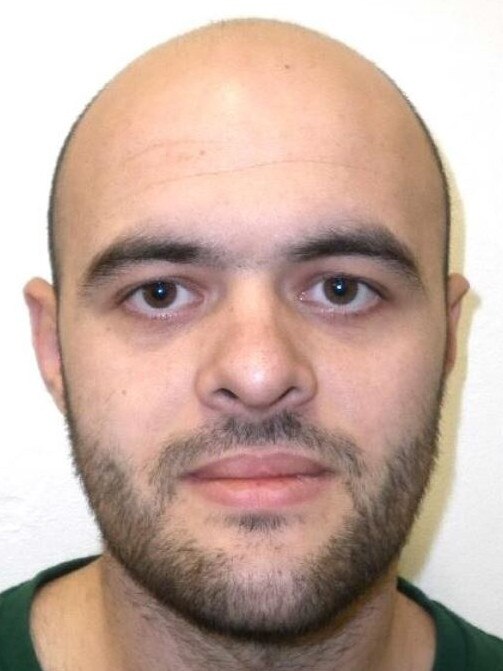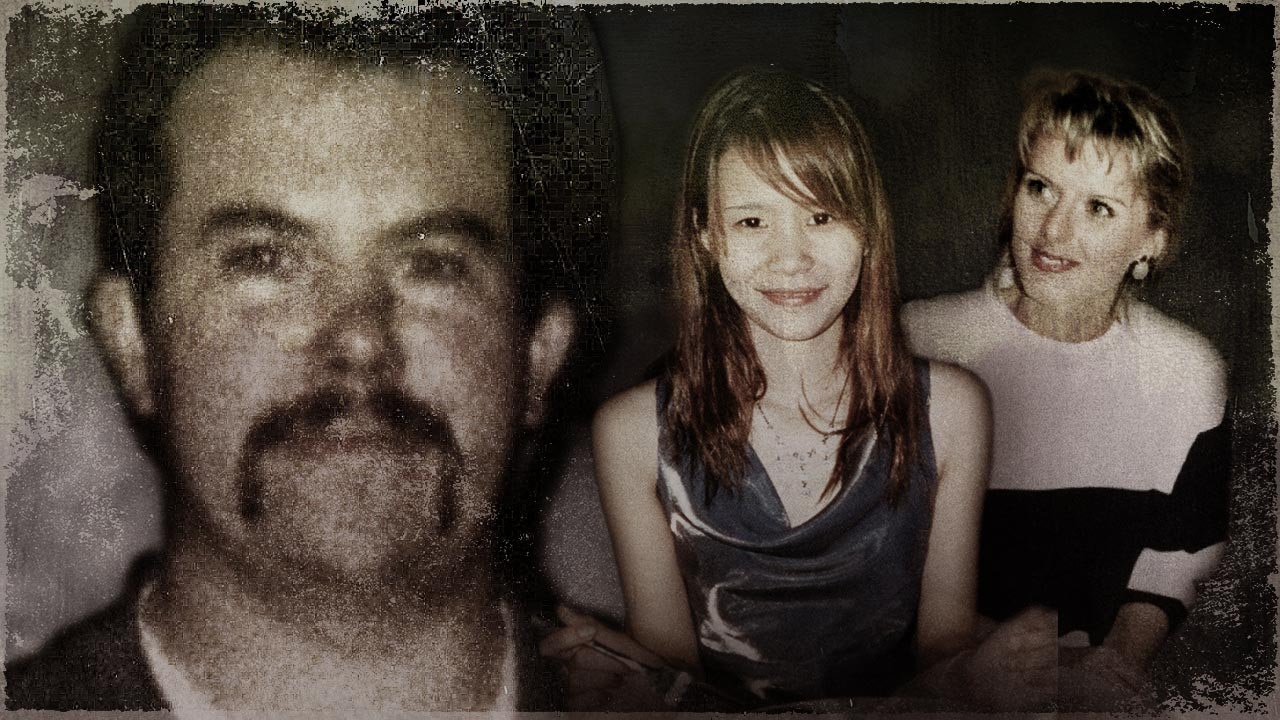Twisted Minds podcast: Jessica Camilleri’s past and Stephanie Scott’s killer unmasked
Jessica Camilleri decapitated her own mum. Now she’s allowed her psychiatrist to speak about her case as she struggles behind bars. Listen to our Twisted Minds podcast.
Twisted Minds
Don't miss out on the headlines from Twisted Minds. Followed categories will be added to My News.
It was a crisp, winter’s day and forensic psychiatrist Dr Richard Furst was skimming the news on his phone when his eyes stopped at a particularly gruesome story.
In the Sydney’s west, 25-year-old Jessica Camilleri had attacked her mother Rita with kitchen knives in a frenzied stabbing attack at their home in St Clair.
When police arrived, they found Camilleri barefoot in a blood-soaked nightdress. Rita’s head was found down the street.
“I saw it in the news and I realised that was the same person I had seen,” Dr Furst told the Twisted Minds podcast.
“I met the mother who became the victim.”
Even for a seasoned forensic psychiatrist, with 16 years of experience treating dangerous and violent offenders, it’s a chilling realisation.


“She’s one of two [cases] where I met the mother who would become the victim,” Dr Furst said.
Six years earlier, Jessica and Rita Camilleri had sat in Dr Furst’s CBD office. Then a teenager, Camilleri was referred for treatment by the courts after grabbing her aunt by the hair and pulling her down a flight of stairs.
It’s not the kind of behaviour you’d expect from a teenage girl but it was a far cry from the gruesome violence she would go on to commit.
“If you go back to the period up until July, 2019, Camilleri’s history would be not dissimilar to a lot of people out and about, living with family or living in care settings,” Dr Furst said.
“She wasn’t using drugs. She wasn’t going to psychiatric hospitals. So there weren’t that many red flags and certainly no indication that the mum would be targeted in that way.”
In Dr Furst’s initial assessment of Camilleri, he didn’t find anything “too remarkable”.
“She had some learning difficulties, what we call mild intellectual disability and had a lot of anxiety symptoms with symptoms of obsessive compulsive disorder and some panic symptoms.

But in the years since, Camilleri developed a number of troubling behaviours. She would call strangers, sometimes up to 100 times per day, simply on virtue of liking the combination of numbers in their phone number.
She had few friends and got an unhealthy obsession with horror movies, Texas Chainsaw Massacre and Jeepers Creepers, which she watched on repeat.
“Someone who’s isolated from people, has a fairly low IQ and watches horror movies all day is not a good recipe,” Dr Furst said.
“I just think that whole constellation fed into this moment where there was a sustained kind of conflict between her and the mother that exploded in the way it did.”
After Dr Furst’s initial meeting, the next time he and Camilleri would come face-to-face was inside Silverwater women’s prison, where he would assess her ahead of her sentencing.
“She feels terrible about it and feels very bad about what’s happened to her mother. Having spoken to her a few times now, she has basically killed her primary carer and her mother. And that’s a terrible thing — it’s awful for everybody.”
Dr Furst may be able to empathise with the tragedy of Camilleri’s situation but he’s not always so forgiving. Particularly when killers plan and perpetrate their murders for sexual gratification.
Killers like Derek Barrett, who murdered his niece Mengmei Leng in 2016, dumping her body in a blowhole, and Vincent Stanford - the deranged school cleaner who raped than killed bride-to-be Stephanie Scott in 2015.
The first time Dr Furst met Barrett was following his arrest to assess whether he had any mental conditions that may explain his offending.
The 27-year-old IT worker’s crime was horrific. Barrett had developed a sick obsession with his niece, filming her in the shower and masturbating over her while she slept, until he finally attacked the young Chinese student while her aunt was away.
After a prolonged sexual assault, he stabbed her, dumping her bound and gagged body in a blowhole at Snapper Point, on the NSW Central Coast.
But chillingly on his first meeting with Dr Furst, he came across just like your average bloke from IT.
“Nothing really stood out. He seemed if anything slightly awkward, he was introverted and into IT computers by training. He didn’t seem like an aggressive criminal type or anything like that, or anti-social, or a person with a major mental illness. But that was pretty much the initial impression,” he said.

However, when Barrett tried to claim he was suffering amnesia and that he couldn’t remember Mengmei’s murder or dumping her body, Dr Furst called his bluff. He told the court Barrett was faking it.
“If someone had really, truly forgotten what had happened and they ‘came to’ and saw a dead body in front of them, they normally call the police or an ambulance or do something to try and help the person. They wouldn’t necessarily put the body in the car and drive 100 kilometres or so and dump it in a blowhole … It’s just not credible to say you don’t remember what you did, but then you’ve done all this stuff afterwards to cover up,” Dr Furst said. As for school cleaner Vincent Stanford, Dr Furst assessed him after his arrest for Stephanie’s murder, to report on his fitness to stand trial.


He classes Stanford as a particularly rare type of killer, driven by deviant sexual fantasies. These killers become sexually aroused by the murder itself, and are social isolates who spend many hours fantasising about killing for pleasure - until one day, they cross the boundary to enact them in real life.
The particular tragedy of Stephanie Scott’s murder - attacked by Stanford as she was preparing lesson plans alone at school on an Easter Sunday - was that she was just opportunistically selected as the victim on which he would live-out his fantasy.
“It was more a chance meeting between those two parties and it could have been anybody else in Leeton [NSW] or other in the neighbourhood. It was more an opportunity. It doesn’t mean that he was focused on her in particular, and it doesn’t mean that he wasn’t free of deviant thoughts in the period before that … But I think it’s a terrible collision of different factors of being in the wrong place, at the wrong time, with the wrong person,” Dr Furst said.



